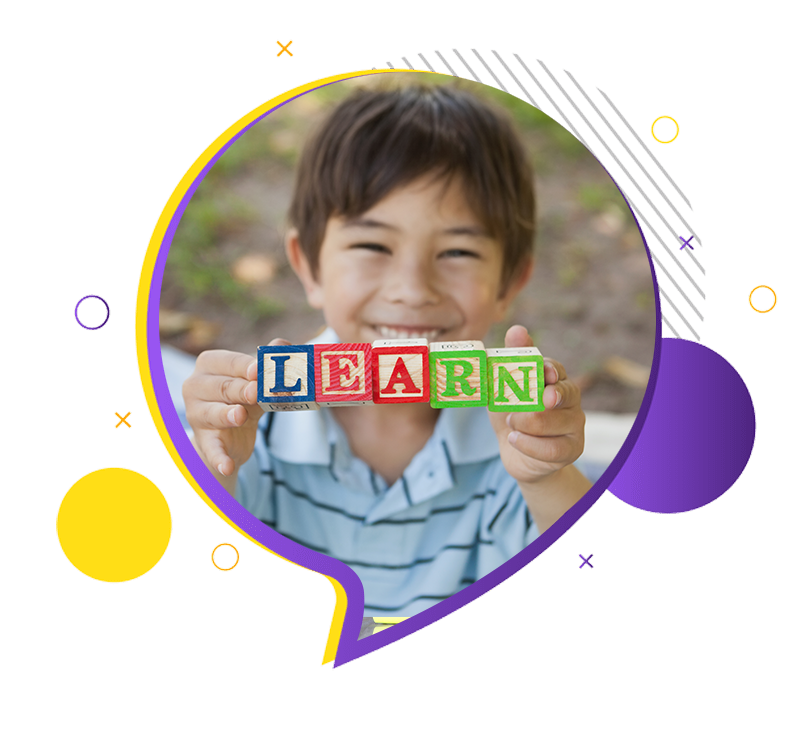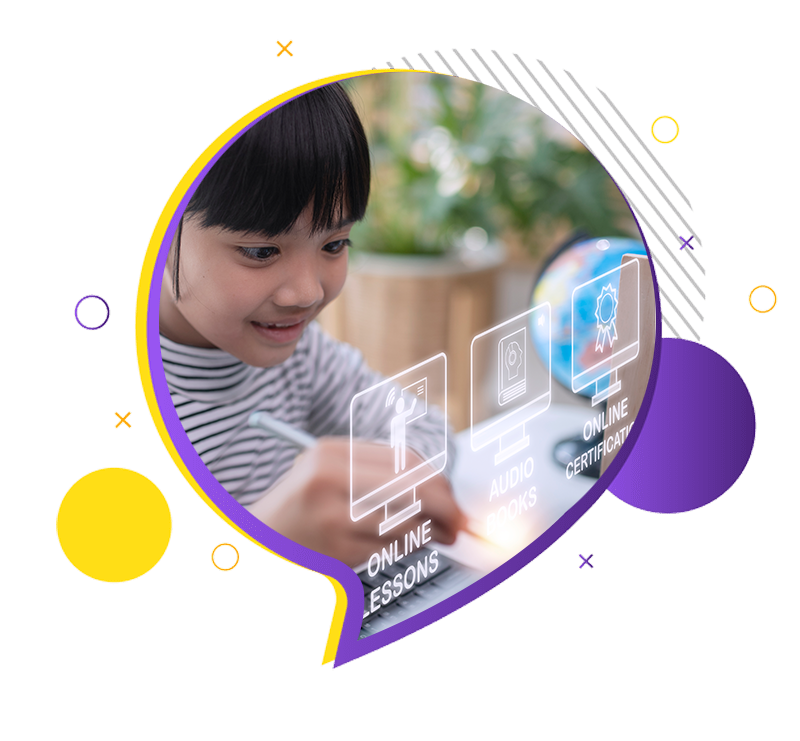


Soft Skills, also known as life skills, are abilities related to interpersonal interactions, self-management, and adaptation to different environments. Unlike Hard Skills which are specialized technical knowledge, Soft Skills are essential competencies needed for living and working in all career fields.
Essential Foundation for the Future
Soft Skills serve as crucial foundations that every child needs to prepare for life and work in the 21st century, which is filled with challenges and rapid changes. Having strong Soft Skills will help children adapt and succeed in every situation they encounter.
Effective Collaboration with Others
Soft Skills help children develop teamwork abilities, understanding and respecting different opinions, resolving conflicts constructively, and building positive relationships with others. These skills enable children to live harmoniously in society with happiness.
Self-Confidence and Self-Expression
Learning Soft Skills helps build self-confidence, making children brave enough to express their opinions, try new things, and not fear failure. Children with good Soft Skills can present themselves appropriately and charmingly.
Emotional and Feeling Management
Soft Skills help children understand and manage their emotions effectively, learning to control anger, sadness, and stress, as well as understanding others' feelings and responding appropriately. This forms the important foundation of good mental health.
Effective Communication Skills
Soft Skills develop abilities in both verbal and written communication, including good listening skills, asking appropriate questions, and expressing through body language that conveys clear meaning.
“Soft Skills
that every child
needs to prepare for life”

Analytical Thinking and Problem-Solving Skills
These Soft Skills help children analyze situations systematically, identify causes of problems, and think of appropriate solutions using both reasoning and creativity together.
Time Management and Planning Skills
Having Soft Skills in time management helps children allocate time appropriately, prioritize tasks, and plan work to achieve set goals.
Creative Thinking and Innovation Skills
Soft Skills open space for children to think outside the box, look for new approaches, and create something novel - skills that are highly necessary in the digital age.
Leadership and Teamwork Skills
Soft Skills develop the ability to be good leaders, knowing how to delegate tasks, inspire others, and coordinate with team members to work together effectively.


Social Integration Problems
Children lacking Soft Skills often have difficulty adapting to peer groups, cannot build good relationships, and may be excluded from group activities.
Lack of Confidence and Fear of Challenges
Lacking Soft Skills makes children afraid to express opinions, afraid to try new things, and avoid challenges that could help them develop themselves.
Inability to Handle Stress and Problems
Children lacking Soft Skills often struggle to cope with failure or problems, may use avoidance methods or blame others instead of solving problems.
Ineffective Communication
Lack of communication skills prevents children from conveying thoughts clearly, leads to easy misunderstandings, and may cause conflicts.
Integration in Teaching and Learning
Soft Skills should be integrated into the curriculum of all subjects, not just taught as separate subjects. Teachers should emphasize activities that promote collaboration, discussion, and problem-solving.
Role of Parents
Families play a crucial role in instilling Soft Skills in children. Parents should be good role models, support children in trial and error, and provide guidance when children face problems.
Skill Enhancement Activities
Organizing diverse activities such as group activities, competitions emphasizing teamwork, presentation practice, and creative problem-solving will help develop Soft Skills effectively.


Soft Skills are not just supplementary skills, but core competencies that every child needs to have. Investing in Soft Skills development from childhood will help prepare children to grow into complete adults who are happy and successful in both personal life and career.
In a rapidly changing world, Soft Skills are essential tools that will help children compete and survive confidently in the 21st century.